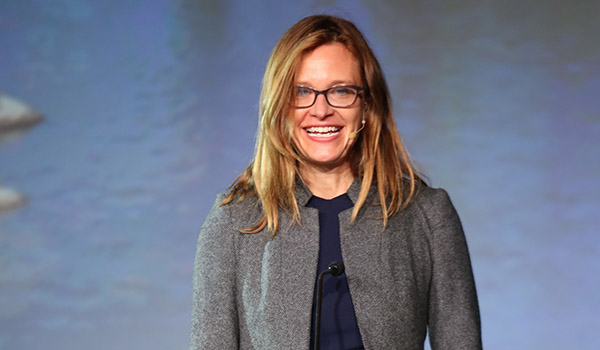The building sector, which is responsible for global emissions roughly equivalent to that of China, must operate at “net zero carbon” by 2050 if global warming is to remain under two degrees Celsius, the limit enshrined in the Paris Agreement.

According to a new report by the World Green Building Council (WorldGBC), there are currently 500 net zero commercial buildings and 2,000 net zero homes around the globe (well under one per cent of all buildings worldwide), requiring a monumental and coordinated effort by businesses, governments and nongovernmental organisations to bring the building sector within striking distance of Paris Agreement targets.
“We need nothing short of a dramatic and ambitious transformation from a world of thousands of net zero buildings, to one of billions if we are to avoid the worst impacts of climate change,” said Terri Wills, CEO of the World Green Building Council. “Businesses, governments and NGOs hold the key to this transformation, but they must commit to aggressive action. It is possible to create a world in which every single building produces zero carbon emissions, but we must start today.”
The report defines ‘net zero buildings’ as highly energy-efficient buildings which generate or supply the energy they need to operate from renewable sources to achieve net zero carbon emissions, and lays out specific actions that the private sector, governments and NGOs can take to ensure all new buildings operate at net zero carbon by 2030 and that all existing buildings are renovated to operate at net zero carbon by 2050.
The International Energy Agency estimates that the current global building stock is 223 billion square meters, and will almost double to 415 billion square meters by 2050. According to the Global Alliance for Building and Construction, current renovation rates amount to less than one percent of the existing building stock each year. To achieve universal net zero carbon in the building sector by 2050, renovation rates must increase by 3 per cent every year starting in 2017, and must accelerate for every year of delay.
Net zero buildings not only help in the fight against climate change, but can create jobs, improve energy security, and lower energy costs, adds the report.
The World Green Building Council is working to ensure all buildings operate at net zero carbon emissions by 2050 through its Advancing Net Zero project. Ten Green Building Councils (GBCs) in some of the largest building markets such as India, the U.S. and Brazil, are introducing net zero building certification programmes in their countries. To date, Green Building Councils have collectively certified more than one billion square meters of green building space around the world – 10 times the size of Paris. These certifications have stimulated growth in the green building market.
Net Zero is sponsored by engineering firm Integral Group, international property and infrastructure group Lendlease, and the product manufacturer the ROCKWOOL Group.
Kevin Hydes, CEO at Integral Group, said: “Advancing Net Zero is the fundamental tool to accelerate us from a few zero carbon projects to widespread market adoption in the mainstream. Green Building Councils have a proven methodology and ability for transforming their regional markets around the globe and they must remain at the forefront of positive change and help us all take this next leap.”
Brian Long, Group Head of Sustainability & Safety at Lendlease, said: “As a sustainable developer, we recognise the importance of developing buildings which will benefit the environment for generations to come. Our successful delivery of developments like Barangaroo in Sydney and Elephant Park in London shows that by working in partnership, it is possible to deliver net zero developments which are commercially viable, have lower operating costs and deliver better health impacts.”
Jens Birgersson, CEO at ROCKWOOL Group, said: “Around 30 per cent of global carbon emissions originate from buildings. The potential for savings here is immense. If we are to reach the ambitious targets of the Paris Agreement we must increase the energy efficiency of our homes, offices and public spaces by supporting net zero targets in new build and renovation. I therefore applaud WorldGBC’s new report, which I am sure will help to accelerate momentum in this space.”
